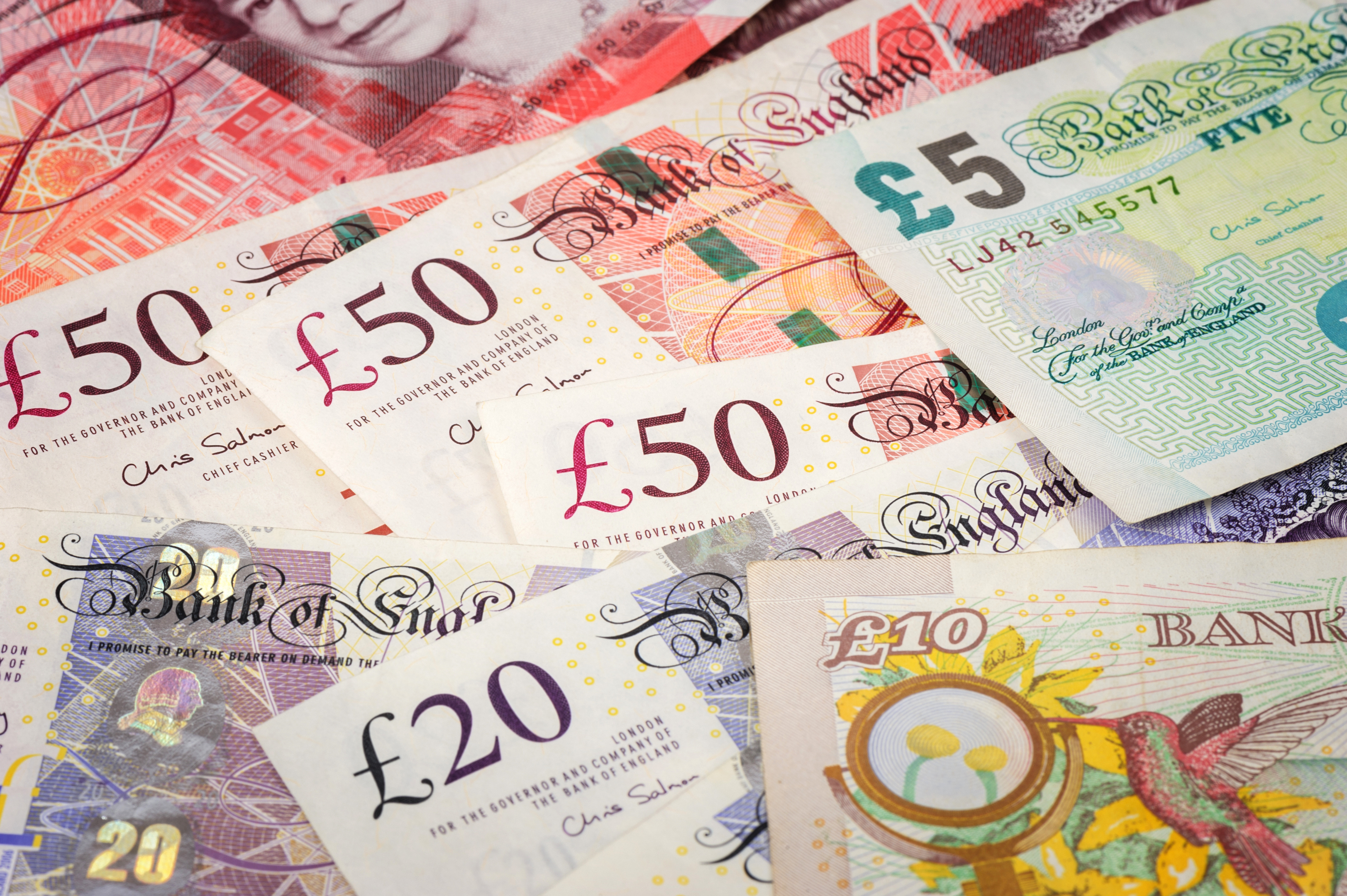
CUSTOMERS who stay loyal to the same providers of services like energy, telecoms and insurance risk losing out on hundreds of pounds-worth of savings per year, according to research from Which?
The consumer group made the calculations based on the average savings of people who had haggled in the past 12 months over a range of services and by comparing energy prices.
Its survey of more than 2,000 people also found that, while there are huge savings to be made, some people are reluctant to push for a better deal.
Two-fifths (42%) of people had not haggled with any service provider Which? asked about in the last 12 months, with people found to be least likely to request a discount on their mobile phone contract, broadband or car breakdown cover.
But nine in 10 (86%) broadband and pay TV customers who asked for a better deal were offered a discount or incentive, highlighting how worthwhile haggling can be.
Those on a standalone broadband package saved an average of £120 a year, while those with combined broadband and pay TV services saved £216 annually.
Three-quarters (77%) of mobile phone users who haggled secured a better deal – and an average saving of £72 a year.
People who pushed for a better deal on home, car and car breakdown insurance policies made a total average saving of £125 in a year.
Nearly a third (31%) of people have stuck with the same energy supplier for more than 10 years, Which? found.
But its research, which comes at a time when households are facing pressure from rising living costs, suggests that by switching gas and electricity provider, consumers on a standard variable tariff could save up to £312 a year.
Alex Neill, Which? managing director of home products and services, said: “People who stay with the same energy, telecoms or insurance company ?year after year ?rarely get the best deal.
“Customers paying the? price for loyalty ?should? ask their providers to reward them, or be prepared to lose them?.”
How the annual savings from haggling could add up, according to Which?
Car breakdown cover, £35
Home insurance, £40
Car insurance, £50
Mobile phone service, £72
Standalone broadband, £120
Broadband and pay TV, £216
Energy, £312

Enjoy the convenience of having The Sunday Post delivered as a digital ePaper straight to your smartphone, tablet or computer.
Subscribe for only £5.49 a month and enjoy all the benefits of the printed paper as a digital replica.
Subscribe